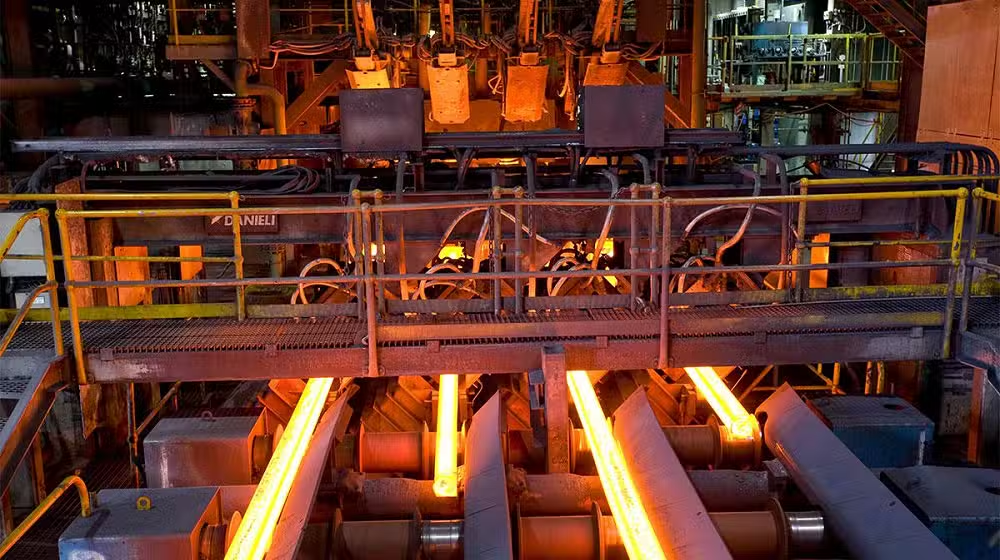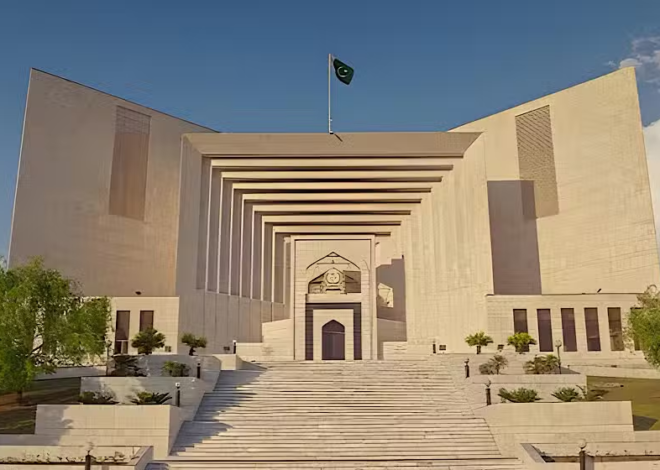
NA Panel Blames FBR for $1.5 Billion Loss By Excluding Steel Sector From Export Scheme
A recent report by the National Assembly’s Standing Committee on Commerce has sharply criticized the Federal Board of Revenue (FBR) for its role in causing a staggering $1.5 billion loss to Pakistan’s economy. The committee found that the exclusion of the steel sector from the Export Facilitation Scheme (EFS) led to missed opportunities for industrial growth, reduced export potential, and a deepening trade imbalance. This revelation has sparked concerns about the misalignment of fiscal policies with national economic goals and highlighted persistent inefficiencies in the country’s regulatory framework.
The Export Facilitation Scheme, introduced to boost Pakistan’s exports by providing tax exemptions and duty drawbacks to exporters, was designed to enhance competitiveness in global markets. Under the scheme, participating industries benefit from zero-rating of input goods and reduced bureaucratic hurdles. However, the FBR’s decision to exclude the steel industry—a sector with considerable potential for value-added exports—effectively sidelined a key contributor to Pakistan’s manufacturing base. The NA panel, after reviewing data and stakeholder testimony, concluded that this exclusion was unjustified and counterproductive.
According to the findings presented during the committee’s recent session, the steel sector has the capacity to export high-grade steel products to regional and international markets, particularly the Middle East and Africa. Pakistani steel manufacturers had expressed interest in participating in the scheme and expanding their export operations. However, the lack of access to EFS incentives rendered their products less competitive in terms of pricing compared to rivals in countries where governments offer substantial export support. The result was a significant decline in export orders, underutilized production capacity, and a missed opportunity to earn an estimated $1.5 billion in foreign exchange over the past three years.
Committee members emphasized that the steel sector is not only vital due to its export potential but also because of its backward linkages to the mining and scrap industries, as well as forward linkages to the construction and engineering sectors. By excluding this pivotal industry from the facilitation scheme, the FBR inadvertently stifled investment, discouraged modernization, and contributed to job losses. Industry representatives who appeared before the panel argued that the sector had been unfairly treated despite fulfilling all necessary compliance requirements and offering complete transparency in its operations.
The committee raised serious questions about the FBR’s decision-making process and called for an immediate review of the criteria used to include or exclude sectors from the scheme. Lawmakers stressed that export policy should be developed through consultation with the Ministry of Commerce, relevant industry stakeholders, and export councils rather than being dictated by revenue-centric thinking alone. They argued that a narrow focus on short-term tax collection had compromised long-term economic benefits, as demonstrated in the case of the steel sector.
Furthermore, the panel suggested that the FBR’s bureaucratic hurdles and inconsistent policy enforcement have created a climate of uncertainty that deters investors and undermines the confidence of existing exporters. Calls were made to restructure the policy framework to prioritize export growth over revenue generation, particularly in high-potential sectors like steel, textiles, and pharmaceuticals. Members also urged for the implementation of a more transparent and objective mechanism for evaluating sectoral eligibility for export incentives.
The exclusion of the steel industry has drawn criticism from economists as well, many of whom believe that the decision contradicts Pakistan’s broader industrial policy. They argue that as global demand for infrastructure and construction materials grows, especially in developing countries, Pakistan should be positioning itself as a reliable supplier of quality steel products. Instead, the current policy approach has allowed regional competitors such as India, China, and Turkey to dominate these markets while Pakistani manufacturers remain confined to local demand.
While the committee has recommended immediate action to rectify the situation and reintegrate the steel sector into the EFS, industry insiders remain skeptical about the speed and effectiveness of bureaucratic reforms. Nevertheless, the panel’s findings have opened up a broader conversation on the need for structural reforms in trade and tax policy, highlighting the critical role of coordinated governance in fostering sustainable economic growth.







